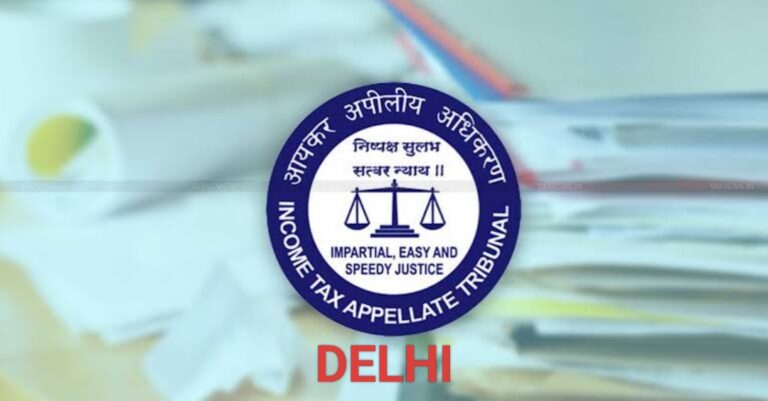In a landmark order dated 9 July 2025, the Delhi bench of the ITAT rebuked the Assessing Officer’s attempt to tax a trust for failing to apply or accumulate income that the trust had not even received. The case reaffirms that tax liability hinges on factual availability, not mere assumptions or legal constructs.
Citation: [2025] 176 taxmann.com 571 (Delhi – Trib.)[09-07-2025]
📌 Case Overview
- ITAT Delhi, by order dated 9 July 2025, held that a trust is not liable to tax for failure to apply or accumulate income that was never actually available with it .
- The key principle: you cannot tax a trust for income it never had—i.e., amounts not received or realised.
🧾 Background & Legal Issue
- In the reassessment proceedings, the Assessing Officer (AO) proposed to tax the trust on certain income on ground it wasn’t applied or accumulated as required under Section 11 of the Income-tax Act.
- The AO assumed the trust “had” such income even though there was no evidence of actual receipt or availability of that income.
- The core legal controversy: Can a trust be taxed on funds that were never actually vested in it?
⚖️ Tribunal’s Key Findings
- No Actual Receipt = No Taxability
- The Tribunal emphasized that tax cannot be levied on sums that the trust did not receive in cash or kind, nor were actually credited to its account.
- Absent realisation, there was no “income” within the ambit of Section 2(24) or Section 11 to be taxed or deemed applied.
- Distinguishing Law versus Fiction
- Often, tax law might “deem” income received—e.g., accrual accounting or rights-based income—but here, the tribunal found no basis to deem anything: the income was neither accrued, nor accrued due, nor received.
- Rejection of AO’s Fictional Assumptions
- The AO’s claims about the trust’s non‑application or non‑accumulation were based on fictional income. The Tribunal struck down that approach, underscoring that legal fiction cannot substitute factual absence of income.
💡 Implications & Takeaways
- ✅ Factual Availability Matters: Only income that the trust actually receives or has a right to realise gets taxed; hypothetical or unrealised sums are irrelevant for tax liability.
- ✅ Limits on Deemed Income: Even where laws allow “deeming” income, the Tribunal will require a minimal factual foundation—mere assumptions aren’t enough.
-
✅ Caution for Authorities: Assessing Officers should not rely on unsupported assumptions of income when alleging trust failures under Section 11.
